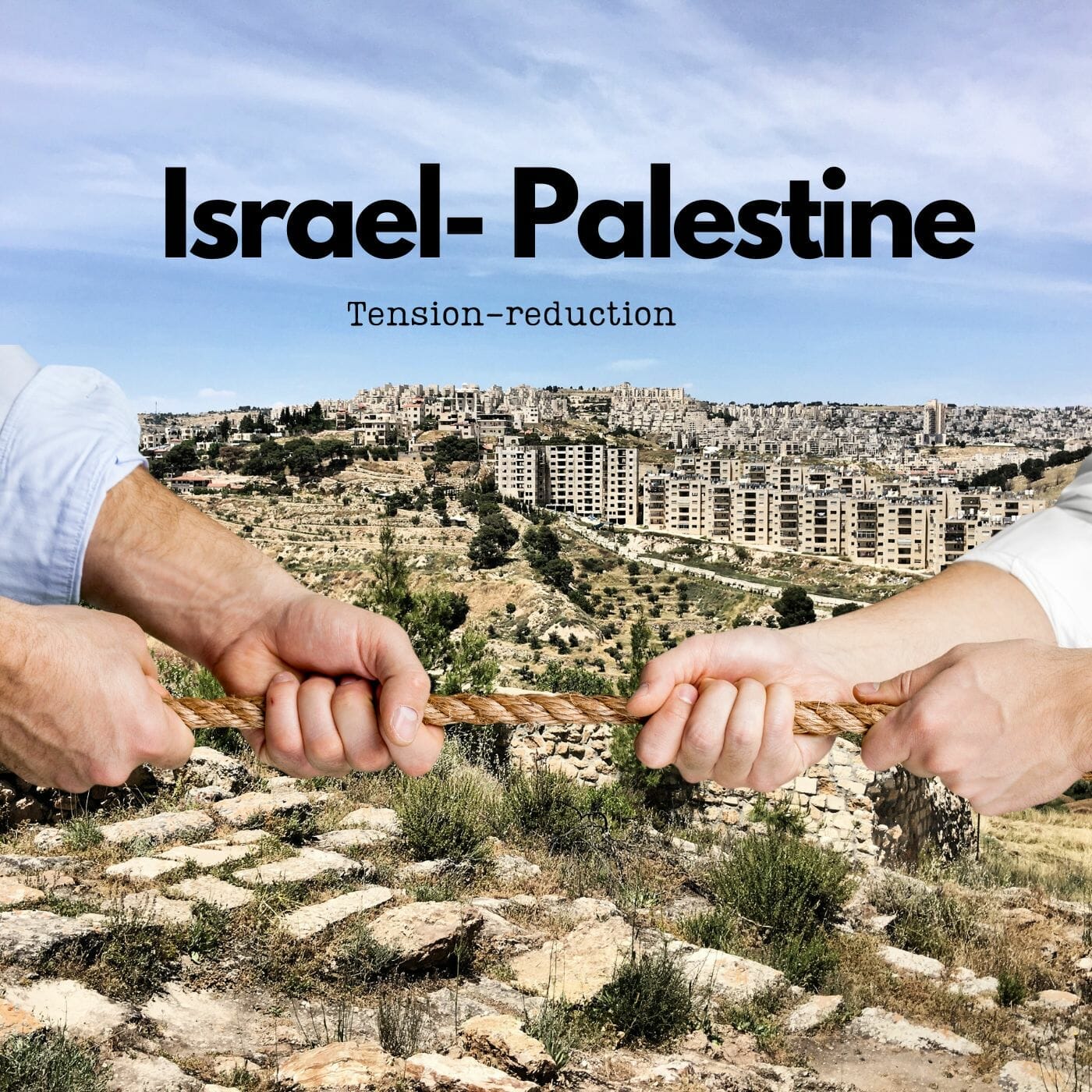Israel-Palestine: Tension-Reduction Measures Urgently Needed

Israel-Palestine: Tension-reduction Measures Urgently Needed
By René Wadlow
The Association of World Citizens (AWC) calls for urgently needed tension-reduction measures in the Israel-Palestine-Lebanon area.
Tensions have led to a barrage of missiles from Gaza and Lebanon and rapid Israeli missiles in return aiming at weakening Hamas and Hezbollah.
Growing tensions had led to Israeli police attacking Palestinian worshipers celebrating the holy month of Ramadan within the Al-Aqsa Mosque compound on April 5-6, 2023. The images of Israeli police firing teargas and beating worshipers were widely seen on social media outlets and other media.
Tensions in the area have been growing since the formation of the Netanyahu-led government with right-wing ministers. Government proposals for changes concerning the court system and the appointment of judges have led to strong and widespread protest demonstrations. However, Palestinian issues were not directly addressed by these demonstrations.
Tensions between Israel and Iran and Iranian-backed groups in Syria have also been growing. The dangers of further violence have been raised in the United Nations Security Council, but no positive actions were undertaken. United Nations peacekeeping forces in Lebanon are on “high alert”.
For the moment, there are no high-level public negotiations underway or planned. Thus, tension-reduction measures must be undertaken as unilateral measures by the government of Israel, the Palestinian Authority, and the government of Lebanon. Such tension-reduction measures are urgently needed but may be unlikely. Thus, the AWC calls upon civil society organizations and persons of goodwill to consider what measures can be taken immediately and what structures may be established so that tension-reduction processes continue. This is an urgent call for creative and courageous actions.
A brief description of the Israel/Palestinian Conflict
The Israel-Palestine conflict is a complex and long-standing issue that has defied resolution for decades. Tension reduction between the two sides requires a multi-faceted approach that addresses the underlying causes of the conflict and creates a path toward a sustainable peace agreement.
Here are some steps that could help reduce tension between Israel and Palestine:
Direct negotiations: Both sides need to engage in direct, meaningful negotiations to address the core issues of the conflict, such as borders, settlements, refugees, and security. The negotiations should be based on the principle of a two-state solution, with Israel and Palestine living side by side in peace and security.
Confidence-building measures: Confidence-building measures can help create an environment of trust and cooperation between the two sides. These measures could include prisoner releases, economic cooperation, and joint security arrangements.
Humanitarian aid: The humanitarian situation in the Gaza Strip and the West Bank is dire. Providing humanitarian aid to those in need can help alleviate some of the sufferings and improve the overall quality of life.
International involvement: The international community can play an important role in reducing tensions between Israel and Palestine. The United Nations, in particular, can provide a framework for negotiations and offer assistance in implementing any agreement that is reached.
Education and dialogue: Education and dialogue can help break down stereotypes and promote understanding between Israelis and Palestinians. People-to-people programs can provide opportunities for Israelis and Palestinians to interact and learn from one another.
It is important to note that tension reduction between Israel and Palestine will not be achieved overnight. It will require sustained effort, political will, and a commitment to peace from both sides.
OMTimes is the premier Spiritually Conscious Magazine. Follow Us On Facebook, Twitter, Instagram, Linkedin, Pinterest, and Youtube
Rene Wadlow is the President of the Association of World Citizens, located in Geneva, Switzerland.



